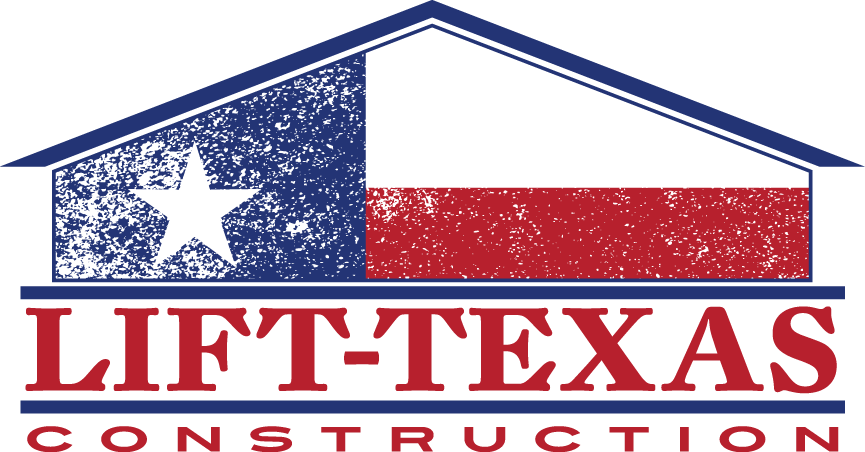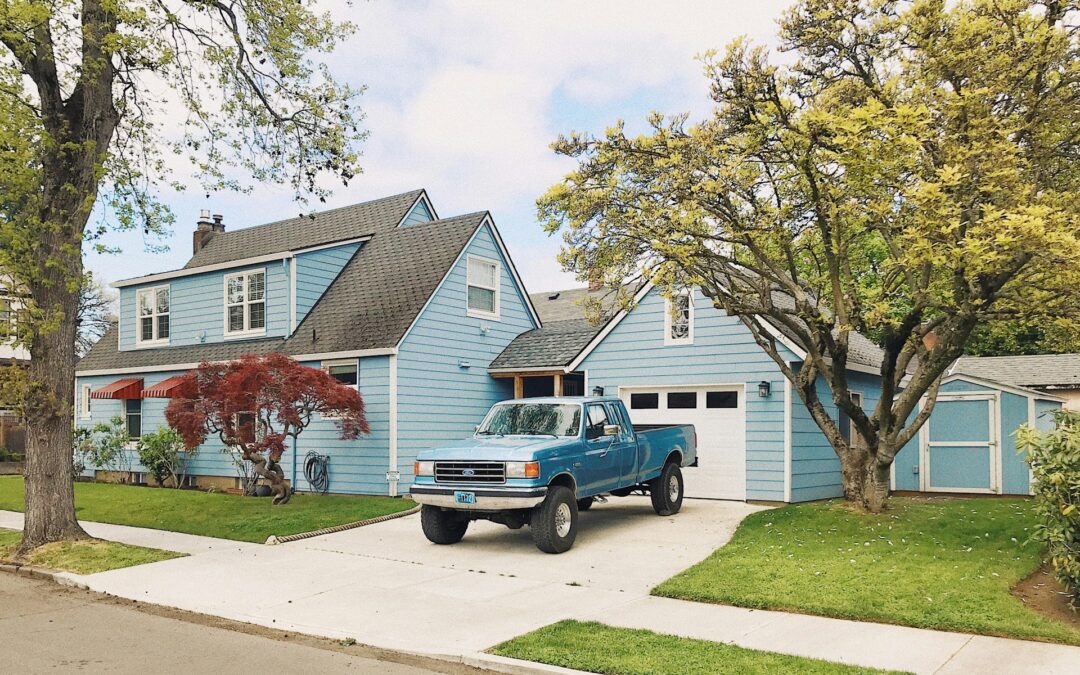An uneven driveway can be more than just an eyesore; it can be a safety hazard and lead to more expensive repairs if ignored. Whether it’s due to weather shifts, tree roots, or natural settling, identifying the signs of an uneven driveway is crucial to maintaining your home’s value and safety.
In this guide, we’ll delve into how to spot issues early, address them effectively, and decide when it’s time to call in the experts. Keeping your concrete driveway level is key to avoiding future problems and enhancing your curb appeal.
Identifying Uneven Driveways
An uneven driveway can sneak up on you, causing frustration and potential damage if left unattended. Recognizing the signs early allows you to address the problem before it escalates. Here are some common indicators to watch for:
- Visible Cracks: If you notice cracks, even small ones, these can further expand with time and temperature changes.
- Puddles or Water Pooling: Water collecting in certain areas can indicate dips or uneven surfaces.
- Tilted or Misaligned Sections: If your driveway appears lopsided or parts of it are sinking, it needs attention.
- Gaps Between the Driveway and Garage Floor: Uneven settling might create a noticeable separation.
Various factors can cause your driveway to become uneven. Natural settling is one of the most common reasons as it happens with time, shifting the ground beneath. Rapid temperature changes may lead to contractions and expansions in the concrete, resulting in cracks and uneven surfaces. Additionally, erosion from rain or poor drainage and intrusive tree roots can contribute to the issue.
Addressing these problems early on is crucial. Ignoring them can lead to bigger, more expensive repairs later. By fixing the smaller issues as they arise, you maintain your driveway’s safety and lengthen its life. Early intervention saves money and retains your property’s curb appeal.
DIY Leveling Methods
Leveling your driveway might sound daunting, but some methods are manageable with a bit of patience and the right guidance. If the issue is minor, there are straightforward techniques you can try before calling in the pros.
Using Self-Leveling Compounds:
For small uneven sections, self-leveling compounds work well. These mixtures spread easily, filling in dips and cracks. Here’s how to use them:
1. Clean the Surface: Remove debris and clean the area thoroughly.
2. Prepare the Compound: Follow the instructions to mix the self-leveling compound.
3. Apply the Mixture: Pour it onto the uneven spots and spread evenly.
4. Allow to Set: Let it dry completely, usually for 24 hours, before using the driveway.
Performing Slab Jacking:
For more significant unevenness, slab jacking can level the driveway. This involves pumping a cement mixture beneath the sunken sections to lift them. While a bit more complex, it’s feasible with careful preparation:
1. Drill Holes: Make small holes in the sunken area.
2. Mix the Grout: Prepare the lifting grout as directed.
3. Pump the Grout: Use a pump to inject it through the holes.
4. Seal the Holes: Fill the holes with concrete once the slab is level.
Safety Tips for DIY Concrete Leveling:
- Use protective gear, including gloves and goggles.
- Work on a dry, mild day for the best results.
- Follow all product instructions carefully for mixing and application.
By applying these methods, you can effectively manage your driveway’s minor issues, maintaining its structural integrity without breaking the bank.
Tools and Materials for the Job
Leveling a concrete driveway requires some special tools and materials. First, you’ll need a good level to check how much your driveway has shifted. A long straightedge could also help to spot any dips or high spots. For mixing and smoothing material, you might need a trowel, a mixing bucket, and a drill with a mixing paddle attachment.
Essential tools include a concrete saw if you need to cut any sections and a sturdy wheelbarrow for transporting materials. A power washer might come in handy to clean the surface before you start working. These tools ensure you can handle the task efficiently without running into hiccups.
Cost-effective material options include self-leveling compounds for minor adjustments. These come ready to mix with water and are poured over low areas to even them out. For more significant leveling tasks, you might consider using sand or gravel to fill sunken spots before applying concrete. Visit local home improvement stores or check online suppliers for these materials. Having all the right gear on hand helps ensure a smoother project process and a more durable finish.
Deciding When to Call Professionals
Sometimes, a DIY approach isn’t enough to handle driveway issues. Calling professionals is wise when the slope is severe, or the area needing repair is extensive. Large cracks that require more than a surface patch, or if drainage and soil conditions are beyond basic fixes, also call for expert help.
Advantages of professional concrete leveling services include access to specialized techniques and tools that aren’t typically available for home use. Professionals can perform methods like mudjacking or polyurethane injection with precision, ensuring the driveway is leveled correctly. This not only saves you time but also helps avoid further damage.
Ensuring long-term stability and durability is crucial, and getting expert assistance makes this possible. Professionals provide assessments to pinpoint underlying problems, ensuring the solutions applied are lasting. Their expertise also means the work complies with local standards, giving you peace of mind knowing your driveway is in great shape.
Conclusion
Keeping your driveway even and stable is vital for safety and home appeal. Identifying any signs of unevenness early and attempting basic fixes can help manage minor issues. Using the right tools and materials makes the job easier and more effective. However, knowing when to seek professional help is equally important. Lift-Texas Construction can provide the expertise needed for significant leveling tasks, ensuring your driveway remains durable and safe.
If your driveway shows signs of sinking or concrete leveling is beyond your comfort, don’t hesitate to contact us. Our experts are ready to assist with the latest techniques, ensuring your driveway is expertly leveled and maintained for the long haul.

